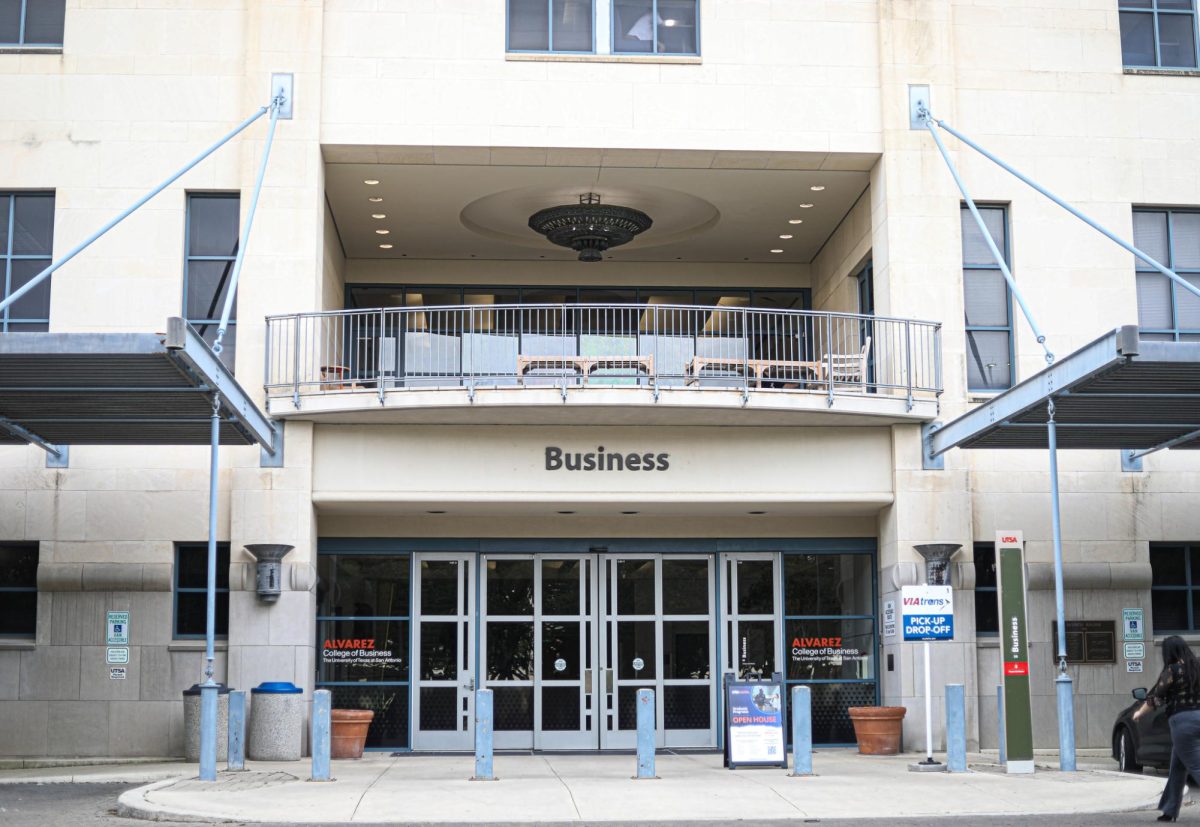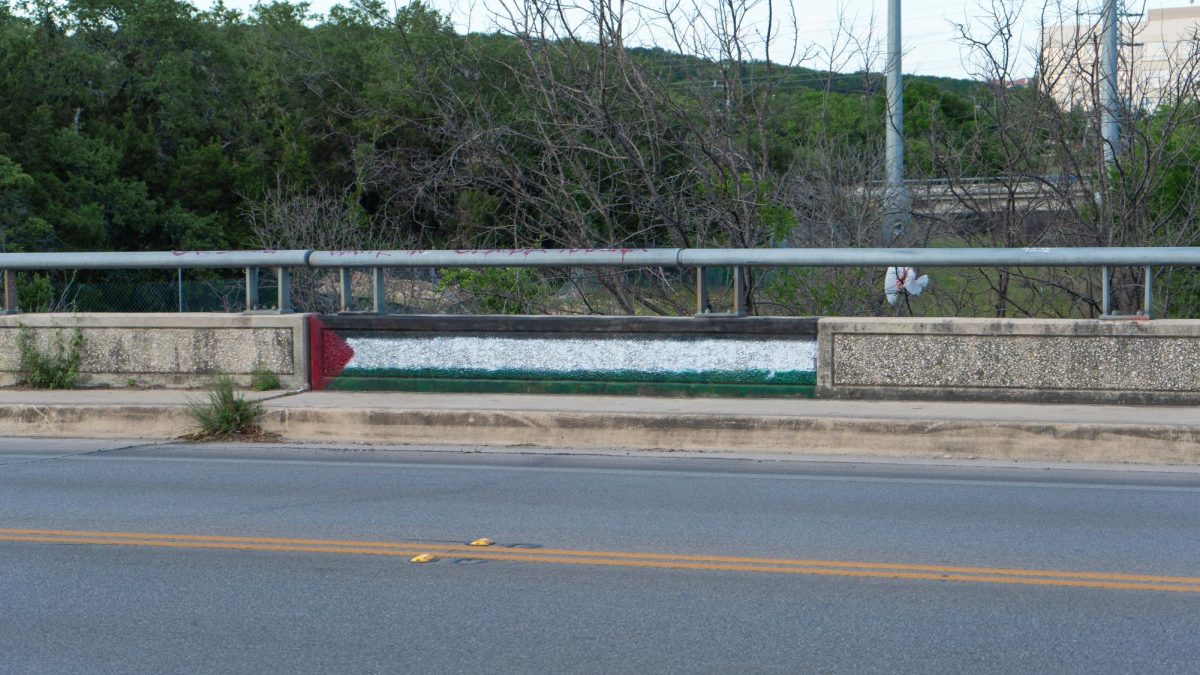Many people do not know that November is also Native American Heritage Month.
“This notion stems from the unfortunate truth that much of the American public perceive indigenous groups and people as imperceptible. Contemporary subjects have lost perspective on many things, and are too caught up in their iPhones and Facebook accounts to look beyond that which is immediately visible to them,” Cooper Harris, senior English major, said.
“I think the awareness months are a bit complicated, for why should groups only have one month of designated appreciation? The appreciation of the cultural diversity of this nation should be noted 365 days of the year, and the idea that we have singular months of recognition is inherently limiting.”
While there are only three reservations and no federally recognized indigenous tribes in Texas, the Native American population and movement remains a growing presence in San Antonio even if there is a lack of awareness with regard to Native American Heritage Month.
Antonio Diaz has been a Native American human rights activist for 20 years and currently heads the Texas Indigenous Council in San Antonio. Last month, the TIC hosted its 7th annual Indigenous Human Rights March, which featured Aztec dancers, poetry readings and hundreds of marchers dedicated to the cause.
The TIC also sent a proclamation request to the city of San Antonio asking the mayor to declare Columbus Day as indigenous Human Rights Day. Diaz points out that the TIC is not asking that Columbus be removed from the history books; they simply want indigenous human rights to be recognized alongside with Columbus.
“The proclamation is one step in that direction. We will keep fighting, but we are tired of all the negative stuff and protesting. We want to have a positive dialogue as equals, as human beings,” Diaz said.
The proclamation was the first of its kind in San Antonio, and even though it did not pass, Diaz said the TIC plans to try again every year until it does.
Dr. Annette Portillo, a UTSA professor of Native American literature and culture and a Native American human rights activist, said, “It is my hope that this proclamation will not only be passed in San Antonio, but [will] also serve as a model for other cities to follow in recognition of human rights for all indigenous people.”
“I do think it can be passed because San Antonio is a city with a community that is very diverse. I mean just looking at UTSA, we see many different people: Asians, Hispanics, African Americans, etc. It is because of our diverse background and support from minorities [that] we will be able to gain enough support to recognize this proclamation,” said Khumphan Amaratana, a UTSA senior and biology major.
Meanwhile, Harris expressed concern for the city’s ability to pass such a proclamation.
“In my opinion, the proclamation for an Indigenous Human Rights Day in San Antonio is perfect and free of holes, and any city government would be foolish to decline its implementation, but I also know that the decision-making process in enacting legislation is so convoluted and discretionary that the ultimate choice is not in one man’s hands,” Harris said.
Portillo recently started the Indigenous Student Coalition, an organization which is geared toward building bridges between academia and activism. Any students that wish to join or learn more are invited to contact Portillo via email at [email protected].











